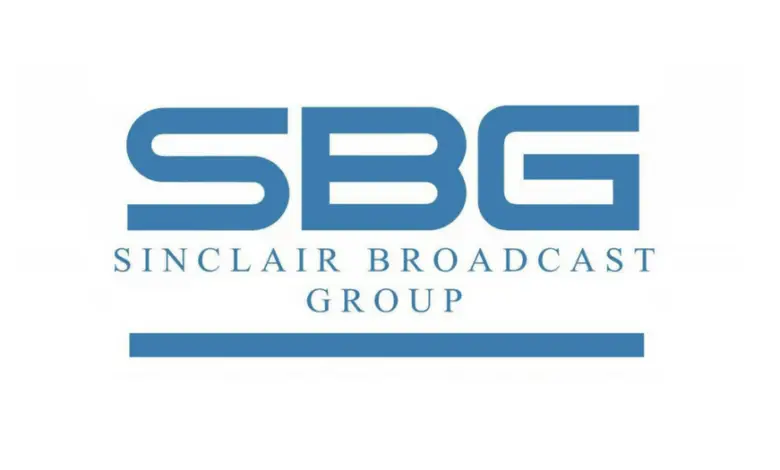
Sinclair’s Push to Offer RSNs on Standalone Basis Probably Not Revolutionary…Yet
Sinclair Broadcast Group hasn’t had a great run since purchasing 21 Fox-branded regional sports networks from Disney for over $10 billion. The changing nature of television consumption and the massive impact of the pandemic shutdown had Sinclair roughly $8 billion dollars in debt and contemplating a restructure as the sports division hemorrhaged money.
The first step in righting the ship is a partnership with Bally’s Corp that will see the former Fox properties rebranded with the Bally name. This new entity will “create unrivaled sports gamification content on a national scale” by fully integrating sports with gambling across the RSNs and 190 television stations Sinclair owns, operates, or provides services to across 88 markets. This is a big deal.
Also a big deal is Sinclair president and CEO Chris Ripley saying on a conference call with financial analysts last week that they plan to offer the RSNs on a standalone basis.
“We have a pretty aggressive plan,” Ripley said. “It will happen next year.”
Exactly when next year isn’t known, but indications are that it will be a while yet before anything is worked out. Even then, we’re probably talking about limited offerings that don’t include actual game broadcasts that are currently restricted by various leagues’ broadcast regulations. What you’re basically looking at is the ability to view “shoulder programming” on mobile devices and smart TVs with an app.
This really isn’t any different from people outside the Yankees’ designated broadcast territory having access to YES Network, though the potential is much greater in the long run. As appetites for and consumption of live sports continues to evolve, networks are going to have to move further from the traditional carrier model and figure out how to deliver content directly to those who want it.
The biggest hurdle to that is the territorial blackout restrictions, which limit access by geography in order to protect the local broadcast rights of less popular teams from being cannibalized by the big boys. Carriers thus have to offer the product to as many people as possible in a given market in order to generate more revenue, which leads to protracted negotiations as we saw with Marquee Sports Network and Comcast.
Being able to offer service to fans on a nationwide level is the golden goose for Marquee, so this announcement from Sinclair is a step in that direction. Again, it’d only be the non-game programming and would thus be far less lucrative to the Cubs at the outset. It is getting their foot in the door, though, essentially laying the groundwork for significant growth if and when MLB changes its tune on broadcast territories.
While this probably won’t mean much for Cubs fans and other RSN viewers in 2021, it’s something to keep an eye on in the future.
